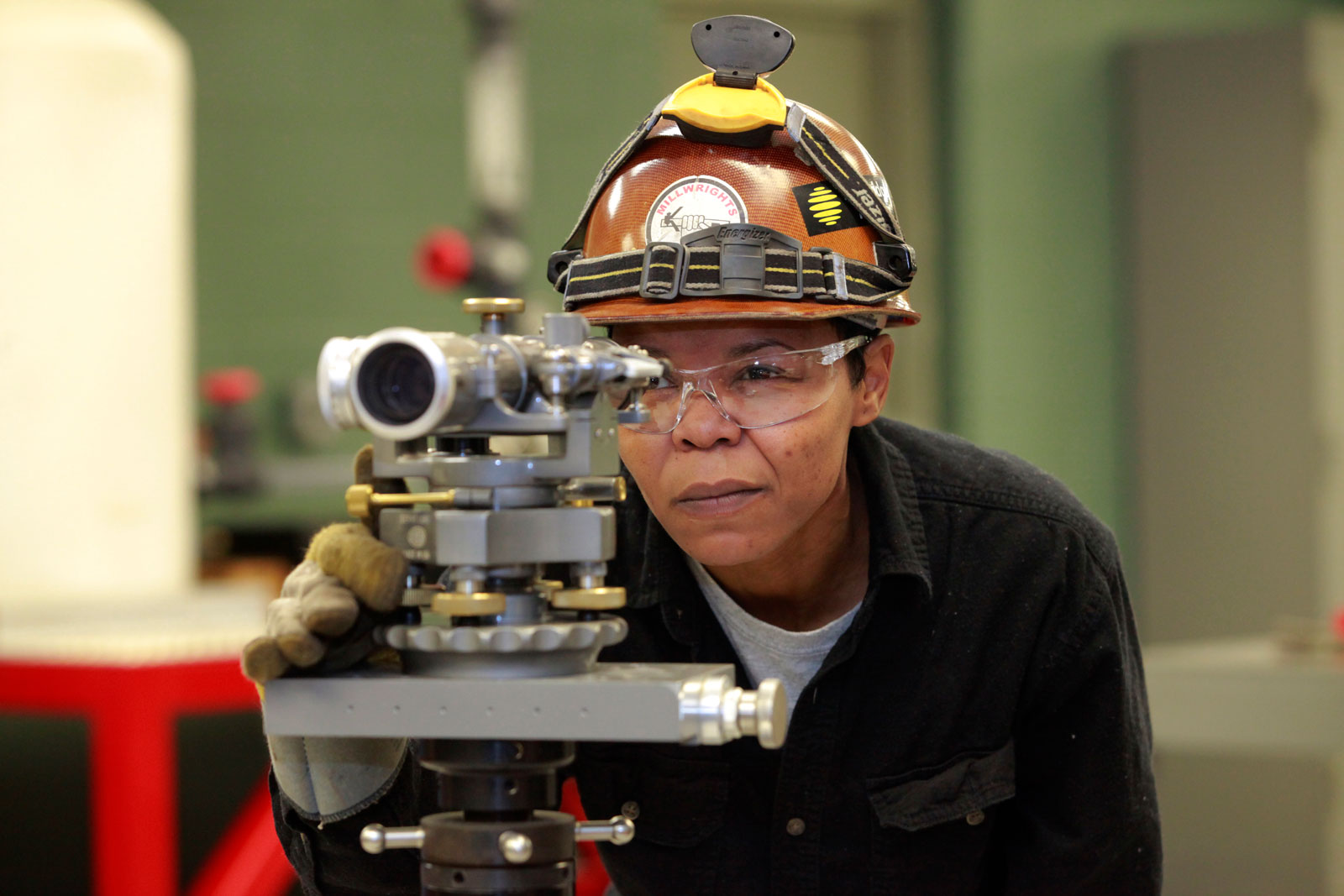By Luis Robles
Carpenter
San Antonio, Texas
I’ve worked in construction for about 18 years. A couple years ago a group of friends helped me find work on a big project with two CPS Energy buildings. The broker who hired me was Miguel Candelaria. I installed drywall and framing for $20 or $22 an hour. There were about 80 of us working for Candelaria.
I never met Candelaria in person, and I never saw him at the project, but every Friday one of his guys would come to the site and hand out checks. I would get a check for the hours, no deductions.
But after six or eight weeks, one Friday I did not get my paycheck. No one did.
Over the weekend we were calling and texting each other about what to do. We decided to show up at work early Monday morning, together, and tell the bosses that we would not go in to work until we were paid. We took out signs that said, “Where’s Our Pay?” We caught them by surprise.
Some guys called reps from the Carpenters union who they had met earlier, who had told them about their rights, and they drove over to see us. But this was a decision we made on our own.
People were telling us to calm down, but we refused to back down. It lasted for about four hours. The police came to the site, and TV reporters and other media. We told them our story.
Finally, some of Candelaria’s assistants came and told us to go to a certain check cashing store where we could pick up our checks. I picked mine up and I never went back to that jobsite.
It turned out that a lot of people on the job had not been paid for several weeks. Everyone had been missing pay for at least a week. People couldn’t pay their bills, but they didn’t feel like they could just leave their job without getting paid first. It was a bad time.
View a TV news report from this event here.
Editor’s Note: The jobsite referenced in this story was a major renovation of two downtown office buildings that now serve as headquarters for CPS Energy, the electric utility owned by the City of San Antonio. Misclassification and wage theft occur on all types of construction projects, large and small. Industry players at all levels, from small subcontractors and brokers to developers and owners, allow illegal and unethical practices to continue by pretending ignorance or looking the other way.
A report by The Century Foundation found that, in Texas alone, 17.5 percent of construction workers are misclassified and over a half-million workers are misclassified or paid off the books yearly. Many workers in border states and beyond are further exploited because of their immigration status.


